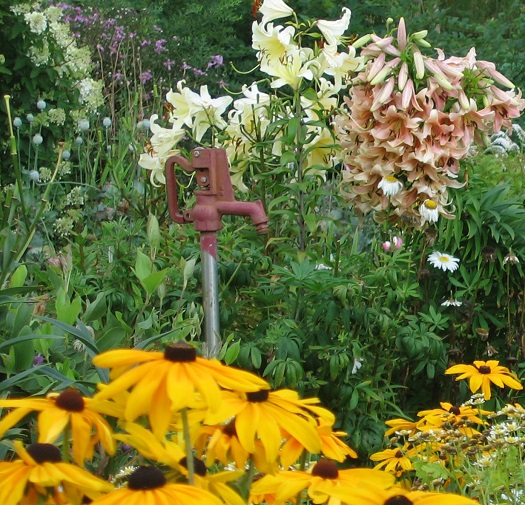
I am personally equipped with laundry, dishwasher, shower, toilet, and multiple indoor & outdoor faucets. Most of the people I know are similarly furnished. The “average American” uses 120 gallons of water every day which leads me to believe it isn’t just my group of friends living the water rich lifestyle. I would venture to guess that I’m an average American in the fact that I often take for granted just how lucky we are to have access to modern plumbing and relatively safe water. The water isn’t free, but it is inexpensive when compared to what we pay for other necessities like food and shelter. There is virtually no effort involved in securing water for my needs.
We learn in grade school that seventy percent of the earth is covered in water; plenty right? Not so much. Consider less than one percent of this water is readily available and safe to drink. Next, consider while our global population tripled in the 20th century our water use increased by six times. Already, about 1.1 billion people don’t have access to safe drinking water, or over one out of seven people. Since agriculture is responsible for 87 % of the total water used globally, it seems to be the obvious place to start conserving. You may not think that your small garden or lawn makes a difference but if you live in the city especially, runoff and drainage waters move over streets where there is no soil to act as a filter. Conservation is not only using less water but preventing contamination.
5 Places to Start
Be Careful with Herbicides & Pesticides
They are toxic. Just over twenty years ago we thought our groundwater was immune; unfortunately, it isn’t. Groundwater becomes contaminated when water percolating through the soil carries pollutants to the water table. Because of the slow movement of groundwater, it may take decades for a contaminant to be naturally diluted or removed.
Take it Easy with Fertilizer
Proper use of fertilizer can enhance plant growth without polluting. Overuse of fertilizer is particularly costly to you and the environment. A percentage of every application and all excess fertilizer will wash away with the rain into our water supply. The result is an imbalance in our water systems contributing to algae blooms, fish kills, and a multitude of other problems. Have your soil tested to see if fertilizing is necessary and if you don’t need it, don’t fertilize. If it is necessary, choose a fertilizer that is specific to your deficiency and add only what you need.
Use Mulch
Organic mulches conserve water, prevent soil erosion and provide food for your plants (decreasing the need for fertilizer). A soil high in organic material will favor soil microbes that help to detoxify pesticides.
Water by Hand
Hand water if it’s reasonable to do so and if it is not, use drip irrigation. Water before 9 AM or after 4 PM to prevent water from being lost to evaporation.
Hydroponics
Utilize hydroponic systems. Hydroponic systems use about one tenth of the water required for field grown crops with Aeroponics being the most water friendly option available.
Angela Lundmark enjoys gardening outdoors and indoors and freelance writer.
Related Articles & Free Email Newsletter
7 Steps to Properly Dividing Perennials
Designing a Wildlife Friendly Landscape




Comment here